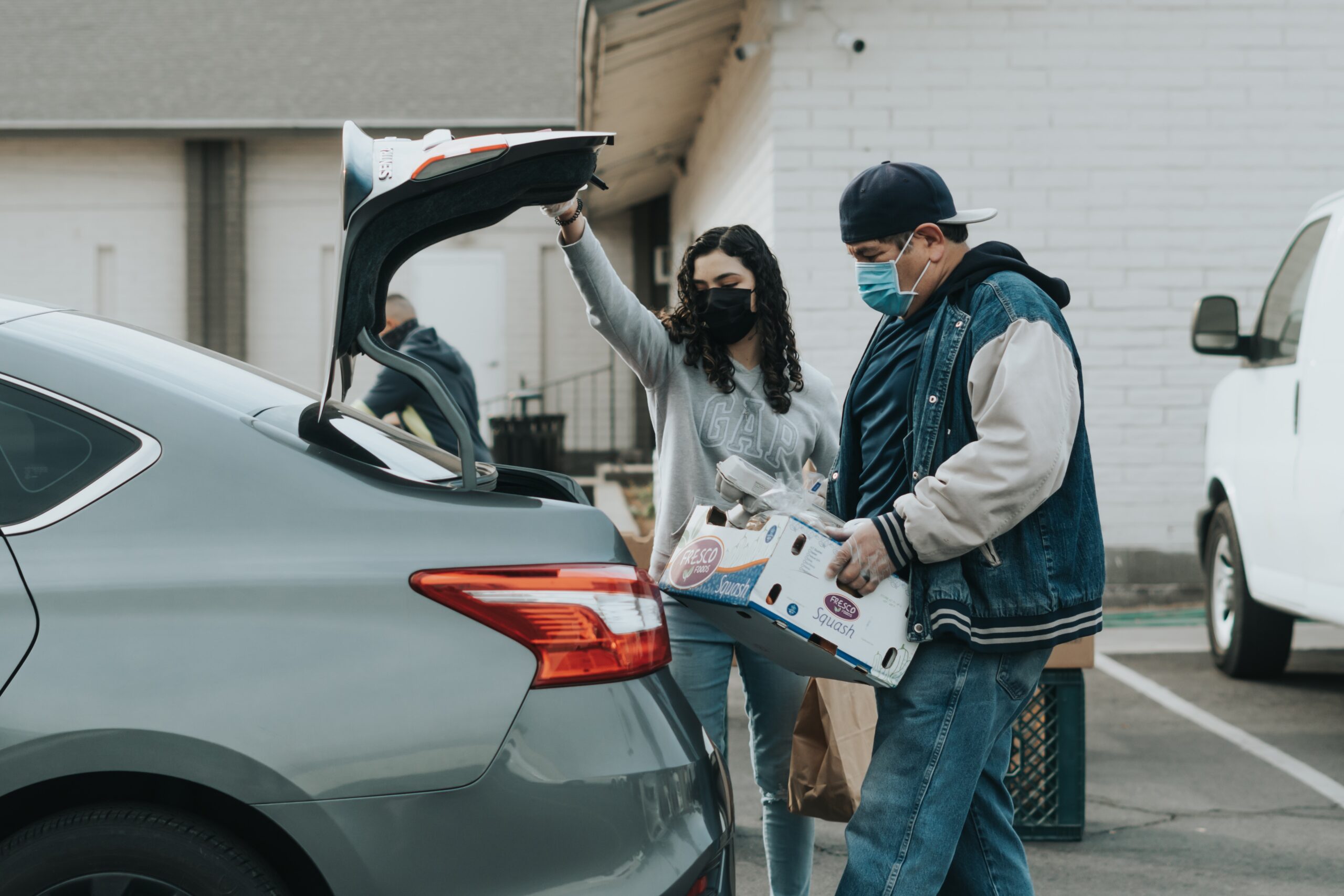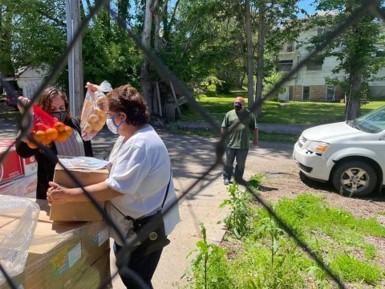Community Recovery Advocates: Capacity building in rural communities

Capacity building before or after a disaster is a critical area that funders often overlook. The Center for Disaster Philanthropy recognizes that staffing and technology are just two of the many other components vital to an effective and sustainable nonprofit organization. As such, grants that build and strengthen the capacity of an organization or community are common at CDP.
Soon after the COVID-19 pandemic started, CDP recognized that rural communities in the Midwest were suffering more acutely from the impacts of the virus. These areas are home to several meatpacking plants and many immigrant communities. In response, CDP awarded grants to organizations in four states in the Midwest to hire COVID-19 Navigators. These navigators conducted outreach and provided assistance to local, non-English speaking, and underserved communities.
Columbus Junction, Iowa, is a rural town of approximately 1,900 residents with a large number of Latino, Asian, and African immigrants who work at the Tyson meatpacking plant located there. COVID-19 hit the plant hard early into the pandemic and it was the first Tyson facility to close from an outbreak. Shortly after the plant reopened in April 2020, officials indicated that more than 500 employees had tested positive and two had died.

The League of United Latin American Citizens and the Quad City Latino Foundation hired Araceli Vazquez-Ramirez as a full-time community advocate to work with the Latinx and Chin community members originally from Myanmar in Southeast Asia.
Araceli’s position was funded by a CDP grant to connect individuals and households with culturally appropriate resources and advocate with other service providers to ensure all services were accessible, no matter the individual’s primary language.
Araceli connected community members with food, rental/utility assistance, and health/vaccination support while also addressing other unmet needs. She partnered with Team Vegan for multiple food distribution opportunities and obtained funding and training to operate a food pantry in the community. The work also included a partnership with the university system in Iowa to provide health services and therapeutic opportunities, including some in the schools for students, teachers, and families. The program was so successful it was renewed multiple times and received additional money from other funders. Araceli continues in her role as of the writing of this report.*
Araceli was just one of nearly 10 COVID-19 Navigators hired through CDP’s Midwest Early Recovery Fund.
*This impact story first appeared in the 2022 Measuring the State of Disaster Philanthropy report.